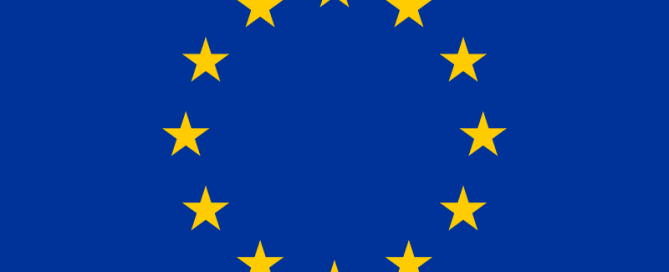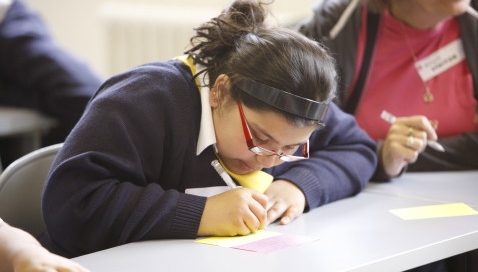Network Neutrality
Net neutrality is the idea that all data on the Internet should be treated equally. In other words, neither governments nor Internet service providers should change the pricing or availability regardless of the user, content-accessed, application, type of equipment, or modes of communication. Proponents of net neutrality are concerned broadband providers may use their infrastructure to block Internet websites, services, or protocols and eliminate competition, forcing consumers to use their services. Opponents often say service providers have no plans to block content or degrade network performance, even though there have been cases of this type of anti-competitive activity. They further argue that some data discrimination is necessary to guarantee quality of service.
“Network neutrality is best defined as a network design principle. The idea is that a maximally useful public information network aspires to treat all content, sites, and platforms equally.” – Tim Wu, Columbia Law School
A full definition and details of network neutrality can be found here:
http://timwu.org/network_neutrality.html
1. Background:
Net Neutrality in the UK
Ofcom, the independent regulator and competition authority for the UK communications industries wrote in their 2011 “Approach to net neutrality” that some forms of traffic management may be beneficial.” According to Ofcom:
It is possible to identify two broad forms of internet traffic management:
• ‘Best-efforts’ internet access, under which network operators attempt to convey all traffic on more or less equal terms. This results in an ‘open internet’ with no specific services being hindered or blocked, although some may need to be managed during times of congestion.
• Managed Services, under which network operators prioritise certain traffic according to the value they ascribe to it. An example may be the prioritisation of a high quality IPTV service over other traffic. This amounts to a form of discrimination, […]










